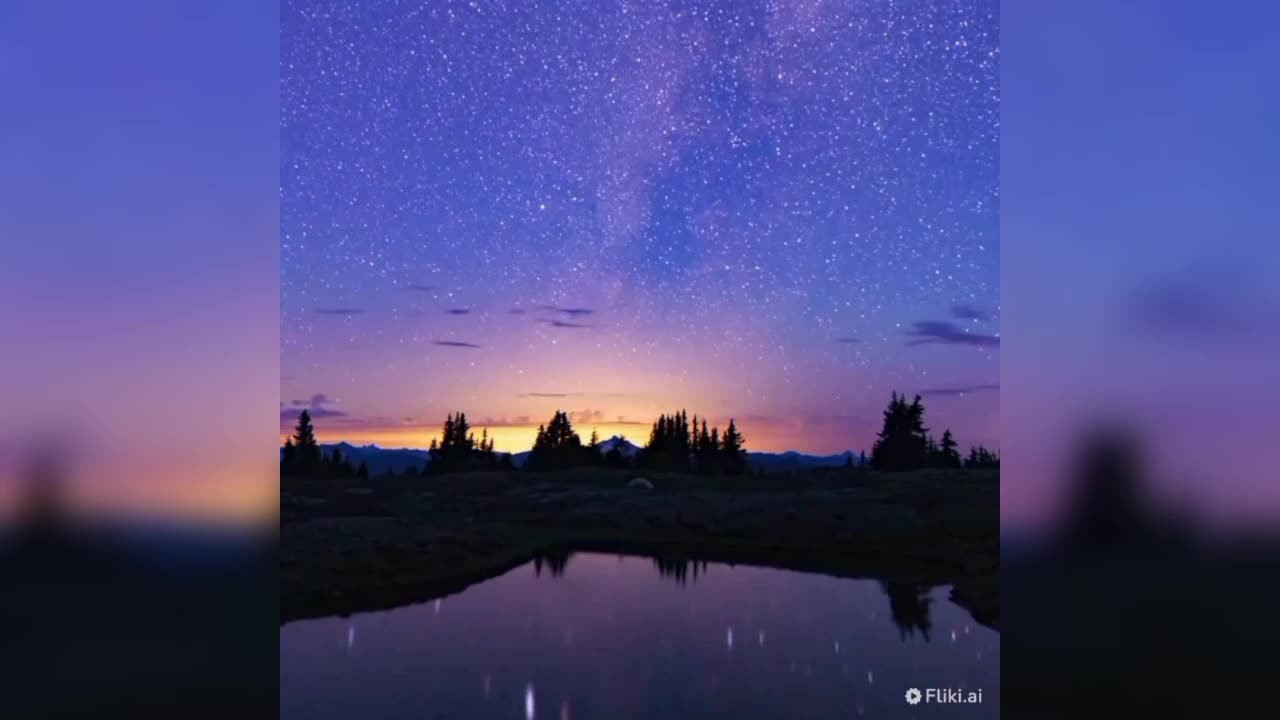Premium Only Content

Planet's
#planets #galaxies #hubble #astronomy #astronaut #solarsystem #cosmos #nasa #space #spacex #astronautlife #martian #galaxy #telescope #universe #spacetoday #astrobiology #spaceexploration #astrophysics #cosmology #stars #spaceart #planet #spacetravel #spacestation #outerspace #spaceman #saturn #spacearts #spacesciencePlanets are celestial bodies that orbit around a star and do not produce their own light. There are eight planets in our solar system, including Mercury, Venus, Earth, Mars, Jupiter, Saturn, Uranus, and Neptune. Each planet has unique characteristics, such as size, composition, atmosphere, and temperature. The four inner planets, including Mercury, Venus, Earth, and Mars, are rocky and small, while the four outer planets, including Jupiter, Saturn, Uranus, and Neptune, are gas giants and much larger. Pluto was once considered a planet but has since been reclassified as a dwarf planet. The study of planets and their properties is known as planetary science.Once upon a time, Earth was a beautiful and thriving planet. It was home to millions of species of plants and animals, and its oceans were teeming with life. The skies were clear and blue, and the air was fresh and clean.
But as time went on, humans began to take more and more from the Earth. They cut down forests, polluted the air and water, and hunted animals to extinction. The planet began to suffer, and the once-thriving ecosystems began to collapse.
As the years passed, people began to realize the damage they had done. They started to take action to protect the Earth, planting trees, cleaning up pollution, and working to preserve endangered species.
Slowly but surely, the planet began to heal.
-
 LIVE
LIVE
Caleb Hammer
21 minutes agoCrybabies Try To Cancel Me | Financial Audit
66 watching -
 LIVE
LIVE
The Big Mig™
3 hours agoTrump’s Tariffs, Art Of The Deal
4,760 watching -
 1:02:00
1:02:00
VINCE
2 hours agoA New Week Of Trump Tariffs | Episode 16 (04/07/25)
69.4K78 -
 1:12:35
1:12:35
BonginoReport
4 hours agoEvita + John Daniel Davidson: Who Should Define ‘American’? BR Early Edition w/ Evita (Ep.176)
108K54 -
 2:06:46
2:06:46
Matt Kohrs
11 hours agoStock Market Crash: NO END IN SIGHT || The MK Show
31.1K4 -

Rethinking the Dollar
40 minutes agoBill Ackman's Chilling Warning: “Economic Nuclear Winter” Incoming | Morning Check-In
-
 52:44
52:44
Randi Hipper
1 hour agoMARKET IMPLODES OVER THE WEEKEND AS BITCOIN TUMBLES
6.64K4 -
 16:01
16:01
CatfishedOnline
2 hours agoI Sent My Life Savings To A Romance Scammer
6.72K3 -
 LIVE
LIVE
Wendy Bell Radio
6 hours agoAmerica's Working Class President
9,645 watching -
 1:12:58
1:12:58
Dear America
11 hours agoWorld Leaders Offer To Remove Tariffs On US! + Anti-Trump Protests Plague Cities Nationwide
37K12